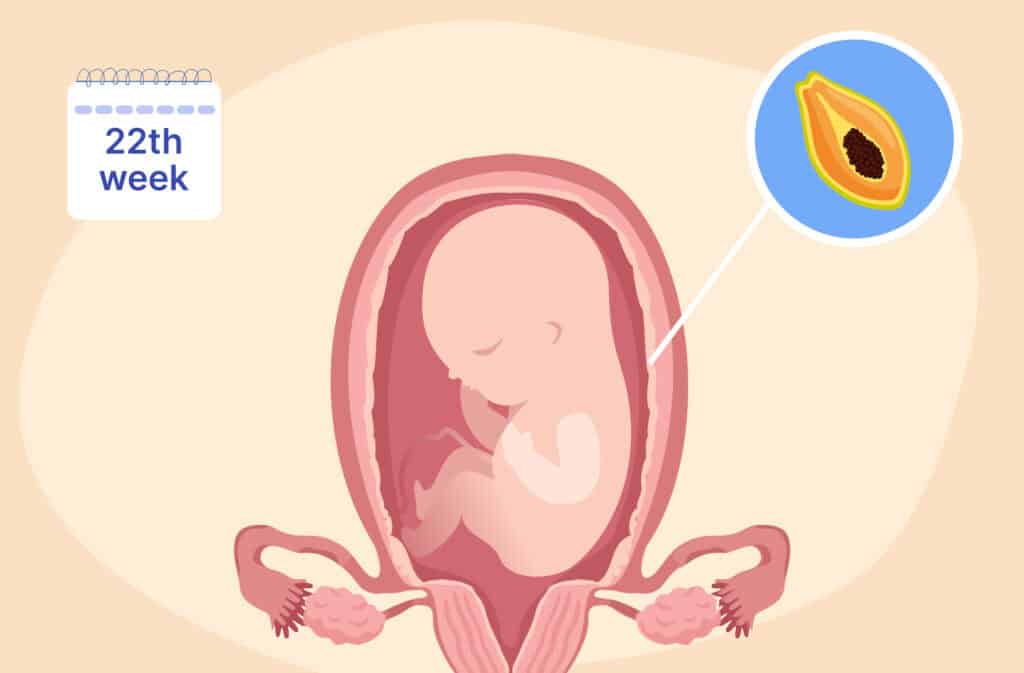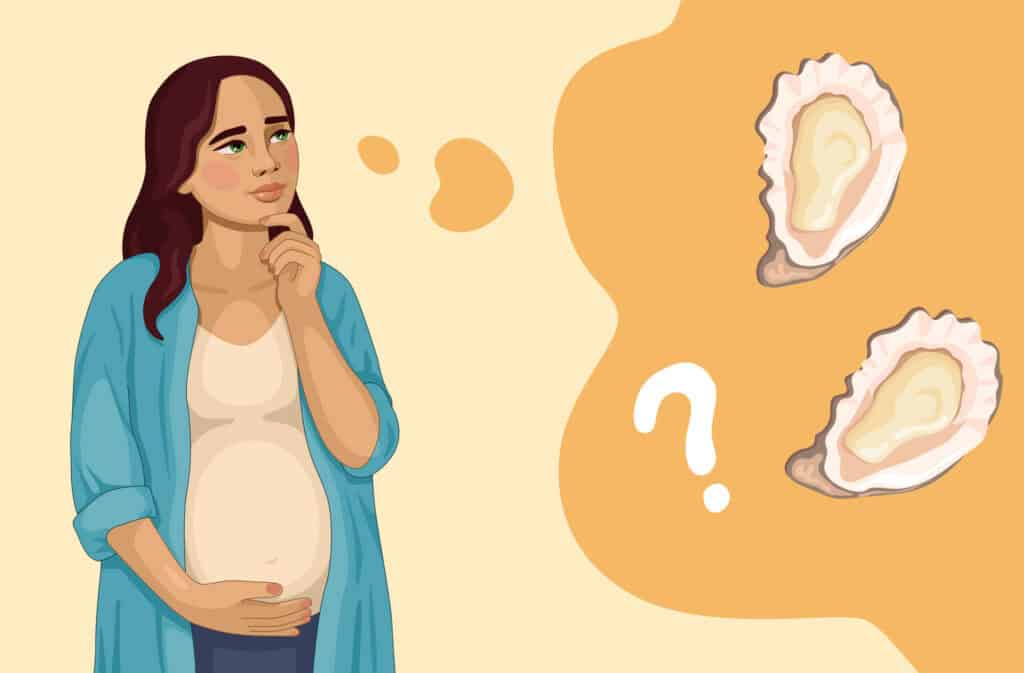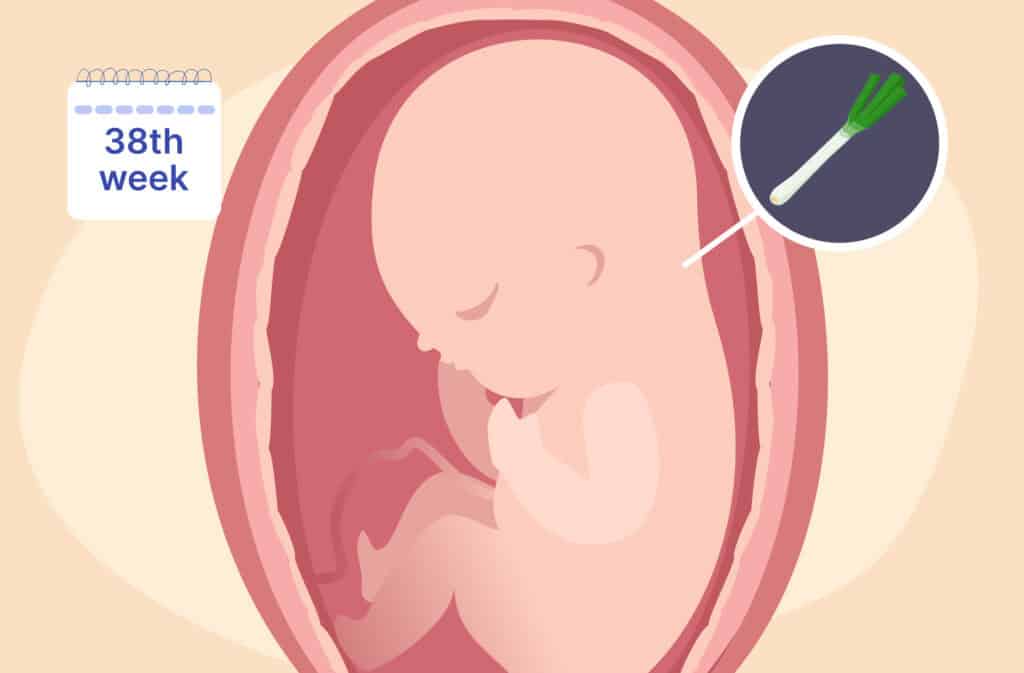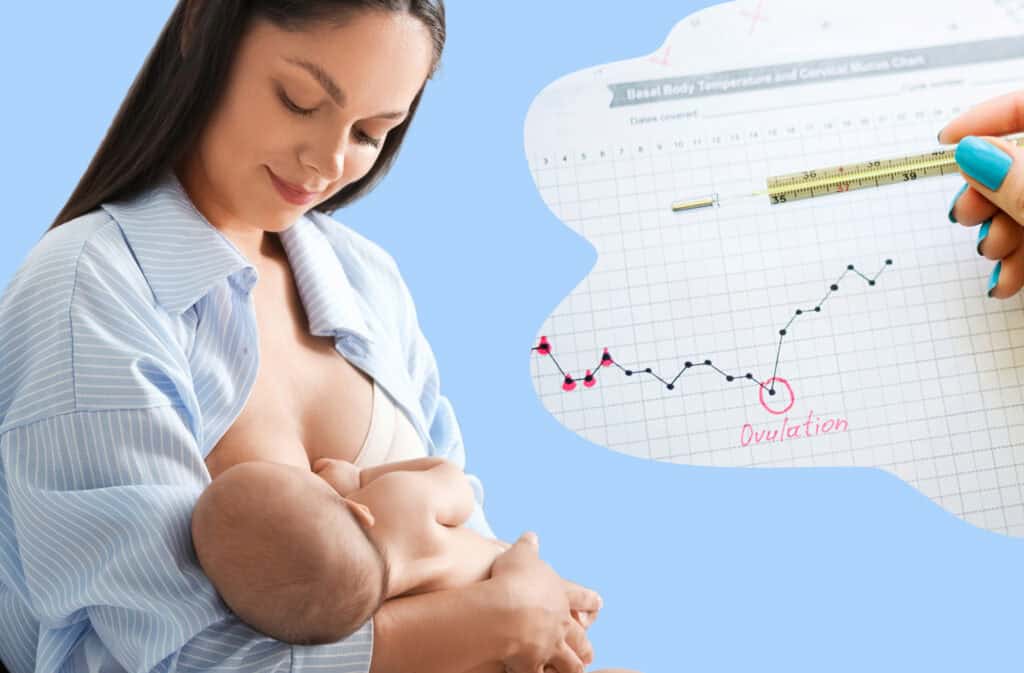Femia > Health Library > Pregnancy > Pregnancy week by week > 22 Weeks pregnant: Fetal development, body changes, and key insights
22 Weeks pregnant: Fetal development, body changes, and key insights

- Updated Feb 20, 2025
- Published
CRAFTED BY HUMAN
Crafted by human At Femia, we provide accurate and up-to-date information at every stage of your journey, from trying to conceive, pregnancy and postnatal support. All content is created by a real person based on in-depth research and own professional experience. Femia ensures that you will receive expert advice, strict accuracy and a personalized approach from our authors/medical experts. Learn more about our editorial policy.
FACT CHECKED
Fact checked At Femia Health, we maintain the highest standards of editorial excellence in delivering content focused on helping you conceive, guiding you through pregnancy, and supporting you postpartum. Explore our content review principles to learn how we ensure the accuracy and quality of our health and lifestyle tips for every stage of your journey.
At 22 weeks pregnant, your baby about the size of a papaya is practicing movements, developing senses like touch sensitivity and hearing, and growing stronger. You may notice a more prominent bump, along with increased energy or occasional backaches as your body adjusts.
At 22 weeks pregnant, you’re over halfway through your pregnancy journey, and your baby is growing rapidly. For you, this week brings noticeable changes in your belly, increased movements, and perhaps new symptoms as your body adapts to support your baby. Let’s explore what’s happening in week 22, including fetal growth, symptoms, and helpful advice to navigate this stage with confidence.
Get personalized insights every step of the way with the Femia mobile app
Pregnancy symptoms during week 22
Here are the most common symptoms women experience at 22 weeks:
Acne
Pregnancy acne is common, even for those who’ve never had pimples. Hormonal changes are likely the cause. Before using any acne treatment, consult your healthcare provider or dermatologist, as some medications, like isotretinoin, can be harmful during pregnancy.
Spider veins
Spider veins may appear due to increased blood volume and pressure from your growing uterus. Unlike varicose veins, spider veins don’t bulge but form small, red, purple, or blue vessels near the skin’s surface. To prevent them, stay active, elevate your feet, take breaks from standing or sitting, and wear compression socks.
Diarrhea
Diarrhea during pregnancy can happen due to hormonal changes or other factors. In late pregnancy, it might signal labor. If you have loose stools three times or more in a day, stay hydrated with fluids like broth or sports drinks. If symptoms persist for more than two days or you suspect food poisoning, consult your provider.
Swelling
Mild swelling, or edema, is common due to fluid retention and pressure from your growing uterus. Keep an eye out for excessive swelling in your feet, ankles, hands, or face, which could indicate preeclampsia. Sudden swelling in one leg could signal a blood clot (DVT) – contact your provider immediately.
Leg cramps
Leg cramps, often at night, can result from weight gain or swelling. To relieve cramps, stretch your calf muscles, massage the area, apply heat, or walk around. Staying hydrated may also help reduce leg cramps.
Pelvic pain
As your baby grows, changes in your body’s center of gravity and relaxed ligaments can lead to pelvic pain. You may feel soreness or sharp pain in your lower back or pelvis. A belly band, physical therapy, and acetaminophen can provide relief, but always consult your provider before taking medication.
Hot flashes
Hot flashes may occur due to hormonal changes, increasing blood flow, and temperature fluctuations in your body. This can leave you feeling suddenly overheated and flushed. Stay cool by wearing loose clothing, drinking plenty of water, and using fans. If the hot flashes become uncomfortable or frequent, talk to your healthcare provider for advice.
👉Find out more: What to know at 21 weeks pregnant: Symptoms & baby size
Your body at 22 weeks pregnant
At 22 weeks pregnant, your body is continuing to adjust to the growing demands of pregnancy. Your uterus is now expanding above your belly button, and you might feel a sense of heaviness in your lower abdomen as it stretches. You may also begin to notice changes in your skin, such as the darkening of the linea nigra, the vertical line running down your abdomen, and possibly the appearance of more stretch marks as your body continues to expand. Skin changes like these are common and a result of the increased blood flow and hormonal changes that are happening.
As your pregnancy progresses, you may start to feel your baby moving more distinctly, with stronger kicks and rolls. These baby movements can be exciting and reassuring, reminding you that your baby is developing well inside the womb. You may also experience some physical discomfort, like back pain or leg cramps, as your growing baby places more strain on your body. Staying active, getting plenty of rest, and maintaining a balanced diet can help alleviate some of these symptoms, help keep healthy weight gain, and support you and your baby during this stage.
22-week pregnant belly
Your belly at 22 weeks is likely more rounded and prominent, reflecting your baby’s growth. Maternity clothes may feel more comfortable as your uterus continues to grow upward, shifting your center of gravity and affecting your posture.
Baby development at 22 weeks of pregnancy
At 22 weeks, your baby is continuing to develop rapidly. One of the most notable changes is the accumulation of baby fat. While your baby still has a lot of growing to do, they’re beginning to develop fat stores beneath the skin, which will help regulate their body temperature after birth. This fat gives your baby a smoother, rounder appearance, and they’re becoming less translucent as their skin starts to gain color.
Baby fat
Your baby is starting to build more fat around their body. This fat will help with temperature regulation and provide the energy needed after birth. This is a significant milestone in their development as it will help them survive outside the womb.
Your baby’s hair
At 22 weeks, your baby’s hair is beginning to grow, although it’s still fine and soft. You might not be able to see it yet, but your baby may have some hair growing on their scalp. By the end of pregnancy, this hair will continue to thicken and darken.
Hearing your heartbeat
Your baby can hear sounds now! They are able to hear your voice, as well as sounds from the outside world, including your heartbeat. Your baby may react to these noises by moving or shifting positions. They’re also becoming more accustomed to sounds in the environment, such as your digestive system at work.
Baby’s development
In addition to their skin becoming less translucent and more pigmented, your baby is also gaining better control over their movements. While the fetal movements you feel may still feel like rolls or shifts, your baby is getting stronger and developing more coordinated movements. Your baby is also starting to practice sucking motions, which will help them feed once they’re born.
At this stage, the essential organs, such as the lungs, brain, and liver, are continuing to mature, preparing your baby for life outside the womb. The development of the fat stores, along with strengthening muscles and bones, means that your baby is well on their way to being able to survive outside of the womb when the time comes.
22-week baby size
The 22-week fetus size is approximately 11 inches long and weighs around 15 ounces—about the size of a papaya. This week marks significant growth as the baby’s body becomes more proportionate.
22-week ultrasound
A 22-week ultrasound provides a detailed look at your baby’s growth and movements. During this scan, you can see your baby’s face, hands, and feet, as well as their position in the womb. If you had an anatomy scan recently, this ultrasound might be a follow-up to ensure continued development.
What is my baby doing at 22 weeks in the womb?
At 22 weeks, your baby is practicing movements like kicking, stretching, and even hiccuping. These activities help develop their muscles and prepare them for life outside the womb.
Get personalized insights every step of the way with the Femia mobile app
Tests to expect at 22 weeks pregnant
At this stage, regular checkups and specific tests help monitor your health and your baby’s development. Here’s what you can expect:
- Routine checkups:
- Blood pressure: Monitored to detect potential signs of preeclampsia.
- Urine tests: Screened for protein levels (preeclampsia risk) and glucose (gestational diabetes risk).
- Follow-up ultrasounds (as needed): A follow-up scan may check the baby’s position, growth, or placenta health if concerns were noted during the anatomy scan.
- Fundal height measurement: Your healthcare provider may measure the distance from your pubic bone to the top of your uterus to assess fetal growth.
- Glucose screening preparation: Your doctor may discuss the glucose tolerance test, typically scheduled between 24 and 28 weeks, to check for gestational diabetes.
👉Find out more:
| Expert advice: These routine tests and measurements are essential for ensuring your baby is developing well and that your health is optimal. Discuss any concerns with your provider and stay informed about upcoming screenings. |
Health tips and self-care at 22 weeks pregnant
Stay active and exercise regularly
Exercise during pregnancy can help reduce stress, improve circulation, and alleviate discomfort. Gentle exercises like walking, swimming, and prenatal yoga are excellent options. These activities help strengthen muscles that support your growing baby and prepare your body for labor. Be sure to consult with your healthcare provider before starting a new exercise routine.
Hydrate and eat well
Drinking plenty of water is crucial for staying hydrated and supporting the increased blood volume in your body. Aim for at least 8–10 glasses of water daily to reduce the risk of swelling and dehydration. Focus on a balanced diet rich in fruits, vegetables, whole grains, and lean proteins. Including healthy fats, such as those found in avocados and nuts, will also help support your baby’s growth.
Comfort your body with proper support
As your belly grows, your body will experience new pressures. Consider using a pregnancy pillow to help you sleep more comfortably, especially if you’re experiencing back pain. A maternity support belt can also help ease pelvic and back pain by providing additional support for your growing belly. Additionally, wearing comfortable shoes and elevating your feet when resting can help reduce swelling and discomfort.
Manage swelling
Swelling (edema) is common during pregnancy, especially in your feet and ankles. To manage it, elevate your feet as much as possible, take breaks to move around throughout the day, and avoid standing or sitting for long periods of time. Wearing compression socks can help promote circulation and reduce swelling.
Take care of your skin
With hormonal changes, you may experience changes in your skin, such as stretch marks or acne. Use moisturizers to keep your skin hydrated and help prevent itching caused by stretching skin. If you notice any skin irritation or discomfort, avoid harsh chemicals and consult your healthcare provider for safe skin care recommendations during pregnancy.
Prenatal care and routine check-ups
Regular prenatal appointments are essential for monitoring your baby’s growth and your health. At 22 weeks, your healthcare provider may check your baby’s heartbeat and growth. If you have concerns about any symptoms or notice anything unusual, like a significant decrease in baby movements or swelling, don’t hesitate to contact your doctor or midwife.
Mental health and stress management
It’s normal to feel a range of emotions during pregnancy. Taking time to relax and manage stress is essential. Practice mindfulness, engage in deep breathing exercises, or do something enjoyable, like reading or listening to music. If you’re feeling anxious or overwhelmed, talking to a counselor or joining a pregnancy support group can help.
Questions from the Femia community
What libido changes should I expect?
Hormonal changes during pregnancy can increase or decrease your libido. These fluctuations are normal, and communication with your partner about comfort and preferences is key.
I'm considering a home birth. Is it dangerous for me and my baby?
Home births can be safe for low-risk pregnancies with a trained midwife. However, it’s important to have a clear plan for emergencies and access to a hospital if needed.
Is the baby fully developed at 22 weeks?
At 22 weeks, your baby is still developing, but most of their organs, like the heart and lungs, are forming. While not fully developed, the baby is growing rapidly and gaining essential skills for life outside the womb.
Can my baby feel me touching my belly at 22 weeks?
Yes, by 22 weeks, your baby’s sense of touch is developing, and they can respond to stimuli like your touch on the belly. They may move or react when you gently poke or press your belly.
Can babies born at 22 weeks survive?
Babies born at 22 weeks are considered extremely preterm and have a very low chance of survival. Survival rates improve significantly after 24 weeks, but medical advances have occasionally allowed for survival before then with intense medical support.
Should I be showing at 22 weeks pregnant?
By 22 weeks, most women are showing a noticeable baby bump. However, the size and shape of your belly can vary depending on factors like your body type, number of pregnancies, and how the baby is positioned.
The bottom line
At 22 weeks pregnant, your baby is growing rapidly, practicing movements, and developing key senses. Your bump is more prominent, and symptoms like back pain or swelling may arise. Focus on hydration, balanced nutrition, and regular prenatal care to support your health and enjoy this exciting stage.
References
- “22 Weeks Pregnant: Symptoms, Baby Development & Tips.” BabyCenter, www.babycenter.com/pregnancy/week-by-week/22-weeks-pregnant.
- “Week 22 of Pregnancy: Symptoms, Baby Development & More.” What to Expect, www.whattoexpect.com/pregnancy/week-by-week/week-22.aspx.
- “22 Weeks Pregnant: Baby Development, Symptoms & Tips.” NHS, www.nhs.uk/pregnancy/week-by-week/1-to-12/22-weeks/.
- “Pregnancy Week 22: What to Expect.” American Pregnancy Association, www.americanpregnancy.org/healthy-pregnancy/week-by-week/22-weeks-pregnant/.

Wondering if can you eat oysters while pregnant? Follow through for the do’s and don’ts when it comes to consuming oysters during pregnancy.

At 38 weeks pregnant, your baby is fully developed and ready for birth. Learn about symptoms, labor signs, and tips for mental preparation.

What are the chances of getting pregnant while breastfeeding? Discover the signs of returning fertility while breastfeeding and understand the science behind it.

